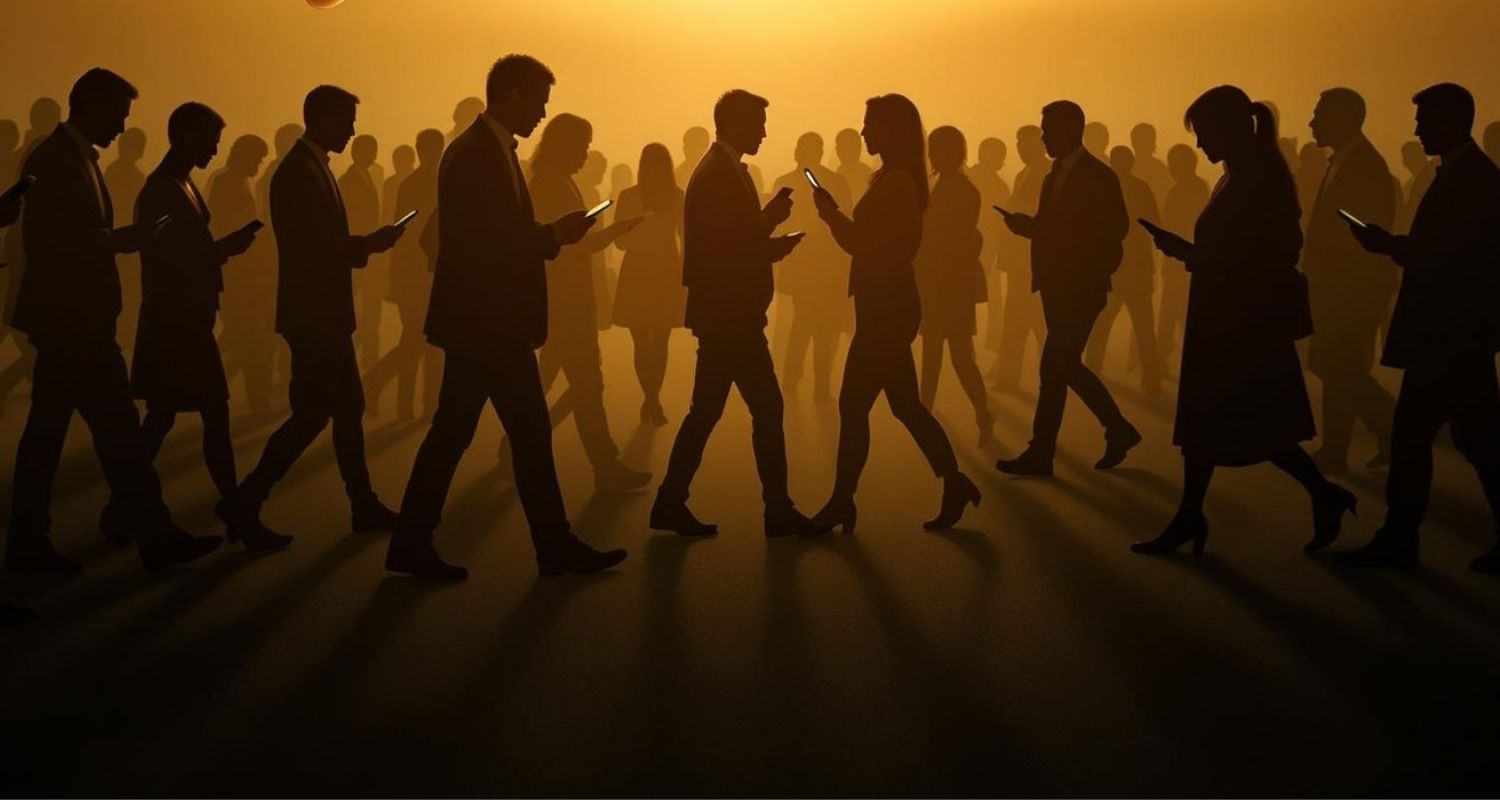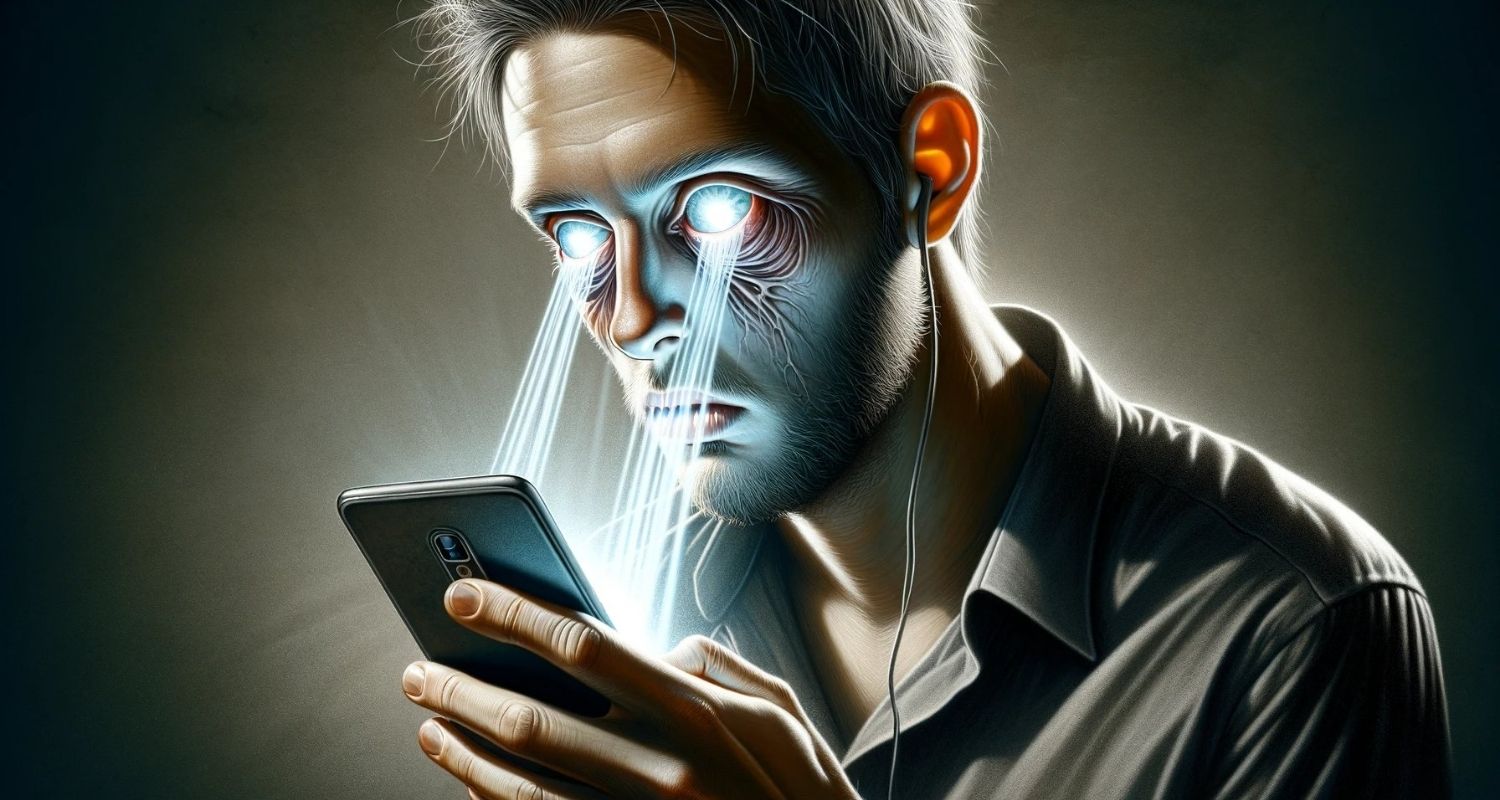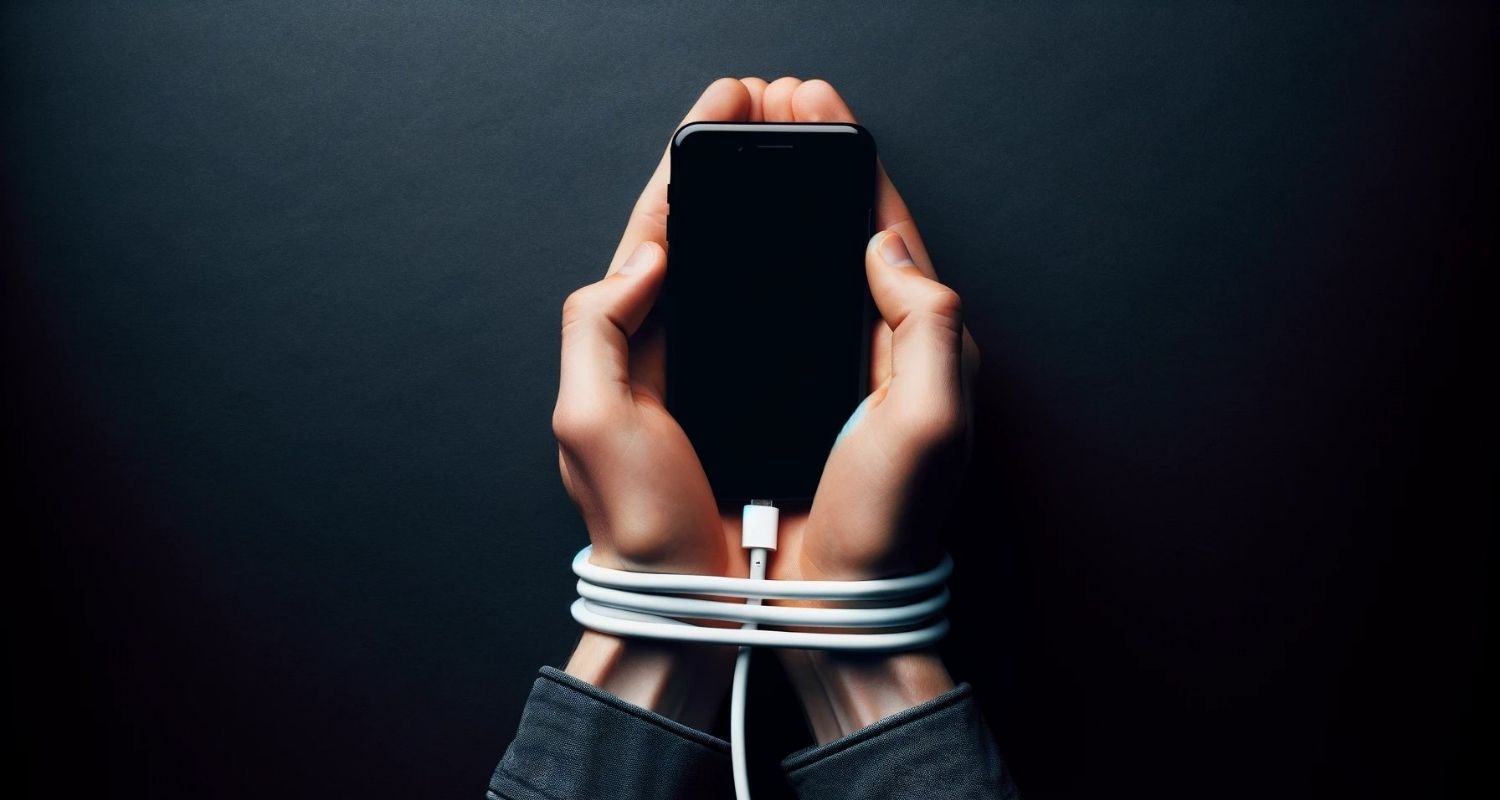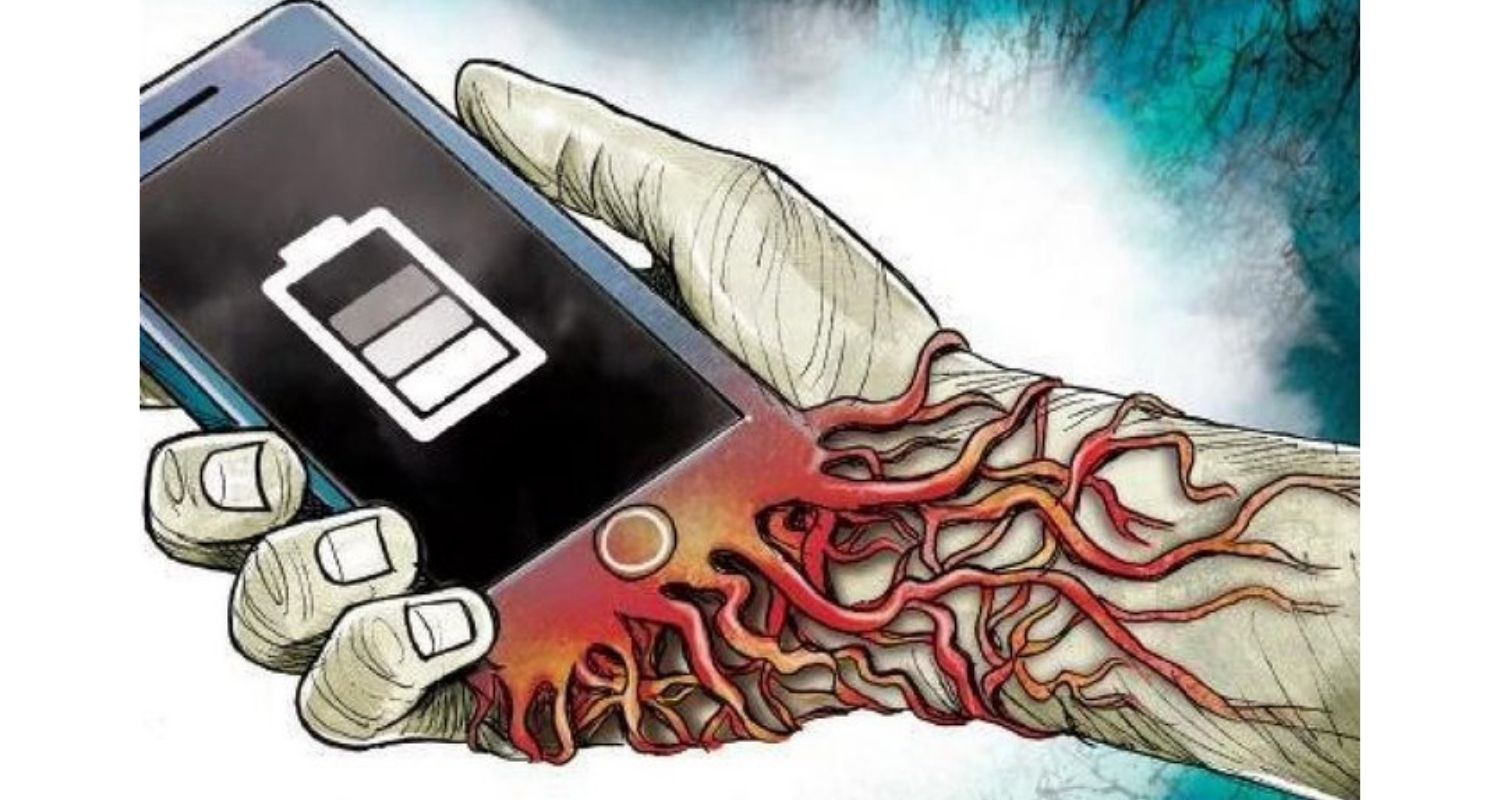Trending:
Digital addiction: Youth succumbing to validation trap
We live in a world where one’s self-worth is tied to the online metrics; where “likes” are treated as love, and “engagement” is mistaken for emotional connection.News Arena Network - Chandigarh - UPDATED: June 26, 2025, 01:52 PM - 2 min read

Representational image.
The recent suicide by social media influencer Misha Agrawal due to declining Instagram follower count has once again brought into spotlight the dark side of our digital existence. The popular content creator took the extreme step, unable to cope with the relentless pressure to reach one million followers, just two days before her 25th birthday.
Her phone wallpaper said it all — she dreamt of one million followers. She poured her heart, energy, and every carefully styled post into getting there. But when her Instagram follower count began to drop, her sense of self-worth too took a hit. At the time of her passing, she had 3.50 lakh followers.

This heart-wrenching tragedy is not Misha’s alone. We all are sailing in the same boat of existential despair, brought upon by a constant desire for validation. Social media addiction is a serious issue. The pressure to maintain a perfect online image and the constant need for validation can take a heavy toll on mental health.
Misha’s untimely death has sent shockwaves across the country, compelling us to confront a harsh reality: the race for online endorsement can have deadly consequences.

This is not the first time that the hunt for social media acceptance has turned deadly. Over the past few years, we have seen countless cases of travel bloggers, thrill-seekers, and influencers risking and losing their lives for that one perfect shot; hanging off cliffs, dangling from skyscrapers, or posing on ledges with zero safety — all in the name of engagement and likes. All for a fleeting moment of digital glory.
Islands of Loneliness

The irony of our times is that despite living in a hyper-connected world, one is often lonely and isolated. This loneliness is not about the absence of people but about the absence of connection — with ourselves.
The youth are increasingly seeking solace in gadgets and online connections that are transient, impersonal and unfulfilling. The internet provides an unrivalled opportunity to access information but sometimes the ideas gleaned can be detrimental for vulnerable young people.

Smartphones are making us dopamine junkies, with each swipe, like and tweet feeding our habit. We turn to social media platforms for quick hits, seeking attention, validation and distraction. Since the turn of the millennium, behavioural addictions have soared. Every spare second is an opportunity to be stimulated, whether by scrolling Instagram, swiping through Tinder or online gambling and e-shopping.

While technology has made physical distances irrelevant, social disconnection has become far more common than we care to recognise.
The paradigm shift from community-based value systems to individual-centric lifestyles, emergence of nuclear families, largescale migration to cities in search of greener pastures and intense pressures of navigating urban jungles are among the factors that trigger a growing sense of isolation.

Unfortunately, we live in a world where one’s self-worth is tied to the online metrics; where “likes” are treated as love, and “engagement” is mistaken for emotional connection. For creators — especially young women and men navigating a digital world that constantly moves the goalposts — the pressure is relentless. One bad algorithm day and you start to wonder if you're irrelevant. If you're done. If you're nothing.
Rampant Depression

Social media algorithms that push extreme content to vulnerable youth are linked to an increase in mental health problems for adolescents, including poor body image, eating disorders, and suicidality. Several studies have established the link between digital addiction and depression among the youth.
Global depression rates have been climbing significantly in the past 30 years and, according to a World Happiness Report, people in high-income countries have become unhappier over the past decade or so. Societal intervention at multiple levels is needed to tackle this new age menace.
The awareness drive must be aimed at convincing the youth that doing things that are hard is the best way to pursue a life worth living, because the pleasure we get afterwards is more enduring. Fleeting distraction can only lead to a deep sense of emptiness. Parents, educators, and policy makers must work together to foster healthier digital habits before more young lives are lost to the virtual validation trap.
Excessive exposure to social media platforms has the potential to reinforce negative thoughts and behaviours. These platforms thrive on engagement — likes, comments, and shares. For teenagers, these metrics often become a measure of self-worth. A study by the American Psychological Association found that teens spending over three hours daily on social media are at higher risk of anxiety and depression.
Comparison Trap
A terrible fallout of digital addiction is that the teenagers get caught in comparison trap, constantly comparing themselves to the edited, sanitised and idealised versions of others. Each ‘like’ triggers a dopamine rush, reinforcing dependency. And, falling behind in followers count feels like social exclusion.

Constant exposure to curated perfection makes teens feel inadequate. Research links heavy social media use to increased suicidal thoughts in vulnerable adolescents. Added to this is the problem of cyber bullying — hurtful comments, body-shaming, and hate messages. Scrolling late into the night disrupts sleep, worsening mood swings and concentration. Many teens report feeling "mentally drained" by endless content consumption.
Capturing the Zeitgeist
Cinema can be an effective medium to promote awareness about the contemporary issues, particularly effecting the younger generation. The recent movie ‘Log Out’, starring Irrfan Khan’s son Babil Khan, made a sincere attempt to highlight the perils of digital addiction and captured how an individual sacrifices self-love for external validation. It is a gripping psychological thriller that explores the dark side of fame in the digital age.
The youth start believing that their identity is the image shaped by other people’s opinions. When that happens, the spark of the soul dies. And when the spark dies, empathy dies too. Babil Khan plays a character grappling with the very modern anxieties of phone addiction and social media obsession.
It is time to stop romanticising the culture of online validation and start normalising emotional safety, digital boundaries, and self-worth. A life lived performing for others is no life at all. And, the true connections cannot be quantified in likes or shares.

